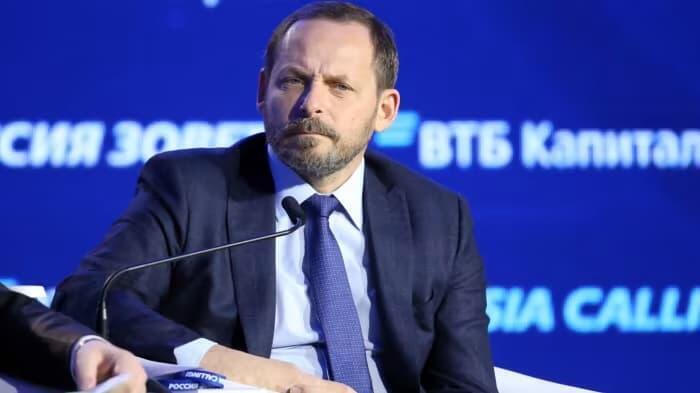Getting your Trinity Audio player ready...
Israel's Innovation Authority has made an unconventional choice by selecting Nebius Group to construct the country’s new national supercomputer. Unlike the major players typically chosen for such projects, Nebius is a lesser-known company with a complex history and deep roots in the Russian tech world.
Registered in the Netherlands and headquartered in Amsterdam, Nebius is publicly traded with a valuation of $8.3 billion. It began trading on Nasdaq just six months ago, reports annual revenues under $200 million and is not yet profitable.
In essence, Nebius is the international successor to Yandex N.V., once known as the “Russian Google.” Yandex dominated Russia’s internet and computing landscape for years before geopolitical tensions forced a major restructuring. After Russia’s 2022 invasion of Ukraine, Yandex was delisted from Nasdaq and came under Western sanctions. By late 2024, its Russian assets were sold to a Kremlin-aligned group for $5.4 billion, while its non-Russian operations were spun off as Nebius.
Nebius is led by Arkady Volozh, a Kazakhstan-born tech entrepreneur who co-founded Yandex in the 1990s. Volozh immigrated to Israel before the COVID-19 pandemic and holds Israeli citizenship. He was never part of Russia’s classic oligarch class, despite accumulating significant wealth in the post-Soviet tech boom. Alongside his late business partner, Ilya Segalovich, Volozh built Yandex into a global tech force with a peak valuation of $30 billion on Nasdaq.
Get the Ynetnews app on your smartphone: Google Play: https://bit.ly/4eJ37pE | Apple App Store: https://bit.ly/3ZL7iNv
Tensions between Volozh and the Kremlin predated the war. Russian authorities sought greater influence over Yandex’s news services and access to user data from subsidiaries such as Yango, a ride-hailing app that also operates in Israel. During a time when Russia was perceived to be moving closer to the West, Yandex expanded globally with operations in AI, autonomous driving and delivery services such as Yango Deli.
After the invasion of Ukraine and Volozh’s public condemnation of the war, the Kremlin pushed for a full takeover of Yandex. In a rare compromise by Russian standards, Volozh agreed to sell all Russian assets—now operating under the Yandex name—while retaining control of the company’s international cloud and data infrastructure under Nebius.
As CEO of Nebius, Volozh pledged to invest $1 billion in AI and cloud infrastructure to capture global market share. Over the past year, Nebius has built data centers in Finland, France and the United States but had not until now announced any major wins like the Israeli supercomputer project.
Still, Nebius has gained legitimacy within the tech world. Even before returning to Nasdaq, the company secured $700 million in private funding with backing from Nvidia. Last week, Jeff Bezos invested in Toloka, a Nebius subsidiary focused on AI and data labeling.


